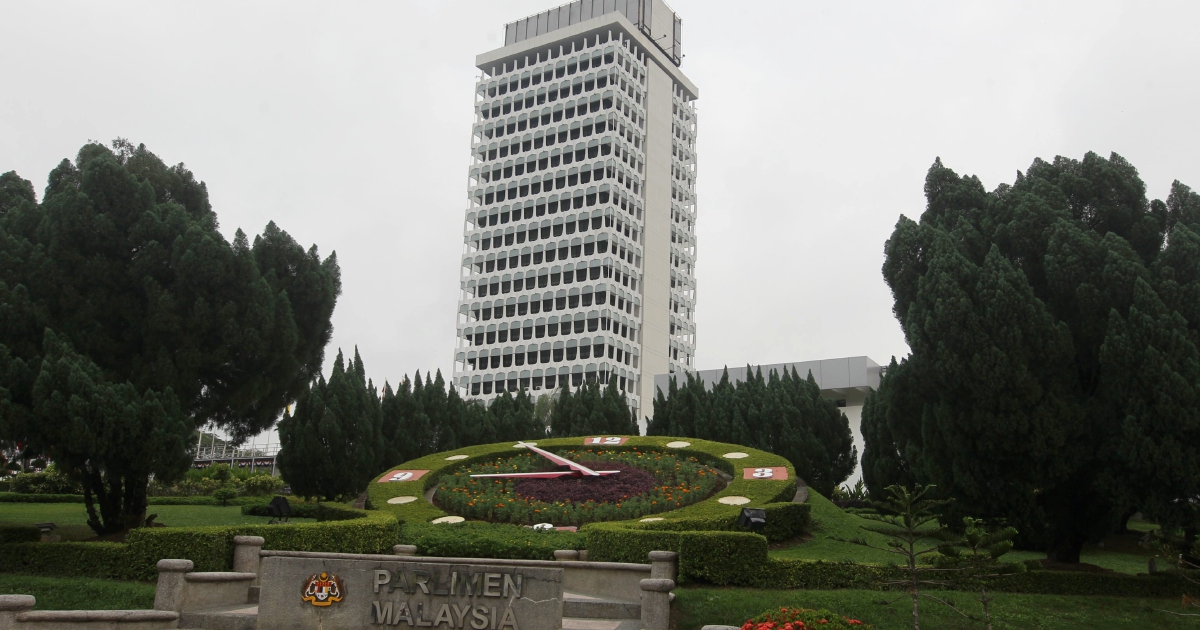
LETTERS: Democracy is a form of governance of, for and by the people with broad principles to ensure a just and ethical society. But, its realisation of the democratic ideals depends on the mechanism and management of the institution of governance.
Human weaknesses such as greed, lust and avarice impede the functioning of a truly democratic governance. There is a wide range of democratic expression in governance due to differences in cultural, ethnic and religious factors.
Although Malaysia’s democratic governance is based on the Westminster model, it is called a constitutional monarchy, where the Constitution reigns supreme and dictates the behaviour of governance, institutions and the royals. There were times when the Constitution was challenged by sectarian sentiments but it has withstood these provocations without being maligned.
The current political imbroglio testifies to human weaknesses of greed for power and positions as well as the selfish intent of the politicians, who to serve their nefarious agenda, made a mockery of the democratic governance of the people, by the people and for the people.
The people are supreme and that the representatives they elect will carry out their trust. However, once they are elected, the bond of trust and commitment between the electorate and the elected representatives are severed, leaving the people in the lurch as they establish the government of the politicians, by the politicians and for the politicians.
This is currently evident here, where the politicians are bickering and fighting among themselves by shifting alignment and party hopping with nary a thought of the mandate of the people. Perhaps there is a need to relook at our democratic system of governance to ensure the people’s mandate remains intact through the designated period.
Thus, an anti-hopping law will provide stability of governance and respect for the people’s trust. This system should prevail in normal times. In emergency cases, like an internal or external threat to the security and well-being of the nation and the people, the system should be recessed and replaced like the National Operations Council (NOC) during the May 13, 1969 episode.
But once the threats have passed and the situation stabilises, the power of governance must be returned to Parliament and the people.
At the same time, we also need to review the set-up of political parties, which currently is race-based, that allows for chauvinistic and religious sentiments to prevail, allowing unscrupulous politicians to create schisms and dissensions within our plural society just to serve their partisan agenda.
There is a need to create an environment that fosters the attitude and thinking of being Malaysians first by sublimating our ethnic and religious differences and developing common denominators through the educative and social interactive process.
More importantly, the formal and informal educative process must inculcate the value of sharing and respect for each other towards the betterment of the community.
To this end, the people must take charge of their fate by getting the politicians to be answerable to their constituencies and to prioritise their welfare rather than promote activities to advance the partisan agenda. It is time that we bring back true democracy and establish a mechanism to ensure that the people’s rights and trust are respected and safeguarded.
Mohamed Ghouse Nasuruddin
Centre for Policy Research and International Studies Universiti Sains Malaysia, Penang
The views expressed in this article are the author’s own and do not necessarily reflect those of the New Straits Times
2020-03-10 11:16:50Z
https://www.nst.com.my/opinion/letters/2020/03/573478/malaysians-not-politicians-first
CAIiEEbLTwvoABvvadlr5RJI2iAqGQgEKhAIACoHCAow9sveCjC0m9YBMPDtoQM
Bagikan Berita Ini














0 Response to "Malaysians, not politicians, first - New Straits Times"
Post a Comment